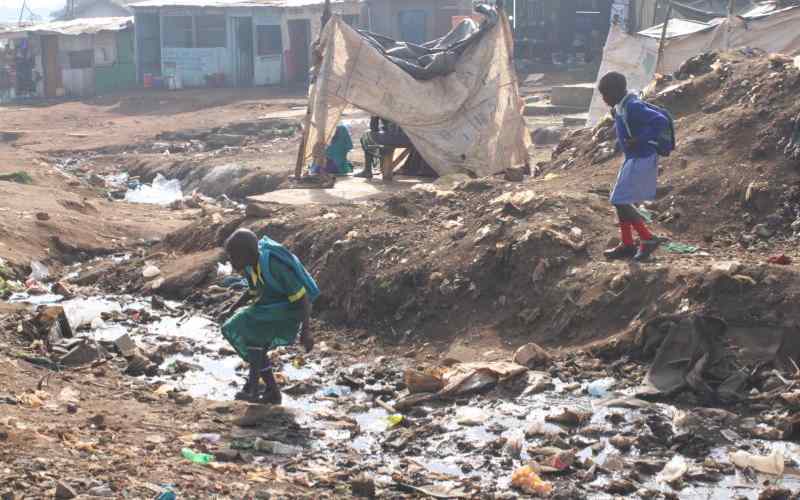
The most discussed text in political scholarship in the last century opens with the words, “The history of all hitherto existing societies is the history of class struggles.” Karl Marx and Friedrich Engels published their famous work in February 1848. The Communist Manifesto sparked a controversy that is still raging.
The collapse of communist regimes in Eastern Europe in the 1990s invited into question the exciting ideas in the manifesto. Cynics and critics, especially, celebrated the “triumph of capitalism over socialism” with the fall of the Soviet Union and rebirth of Russia, with numerous sister states from the former union and her allies.